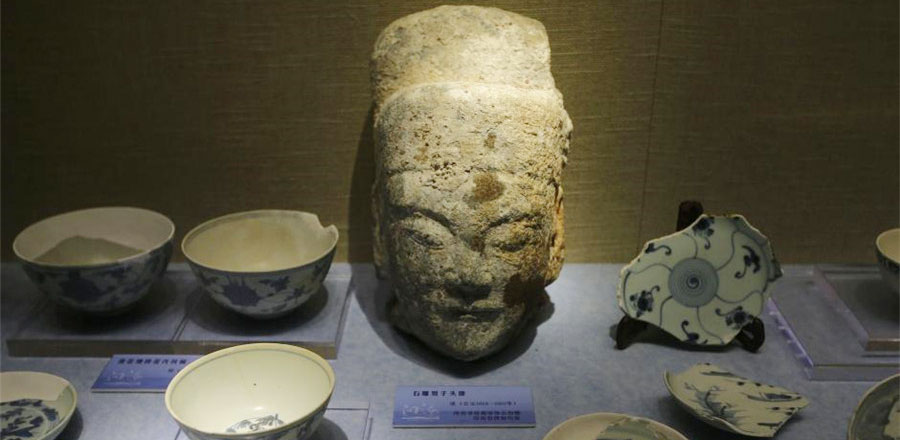
 |
|
Azzedine Downed is president and CEO of the International Fund for Animal Welfare. [Photo by Lucie Morangi/ chinadaily.com.cn] |
The International Fund for Animal Welfare (IFAW) on Monday launched an anti-poaching campaign that takes the fight back to the criminals.
Dubbed 'tenboma', it employs counterintelligence tactics that rope in local communities that are required to share information with security agencies to protect elephants.
The concept was borrowed from another initiative, Nyumba Kumi, or "10 homes", which was launched by the Kenyan government two years ago in response to rising terrorism attacks. Tenboma hopes to gain the trust of communities living around trust lands that have become homes to wildlife. The locals will be required to report any incident, no matter how minute, on the grounds that previously was deemed unrelated to poaching.
Azzedine Downes , IFAW's president and CEO, said that the idea was born after he realized that heavy resources have concentrated on the illegal trade and use of ivory.
"However, this does not stop the killing of elephants. We therefore have brought in consultants who were actively involved in disarming roadside bombs in Afghanistan and Iraq to help us put a stop to the killing before it happens," Downes said.
The whole strategy hinges on collating vital information from the ground on poachers' movements.
"Remote incidences, such as an armed robbery at a little shop for basic supplies that poachers use while lying in wait in the bush is important for wildlife rangers. This allows them to preempt the crime, something that I think is important but has been neglected in this fight," Downes said. He spoke in Nairobi five days before the historic destruction of about 105 tons of confiscated ivory. The haul was the biggest since Kenya burned its first pile in 1989.
Meanwhile, the IFAW president said the organization is using $20 million in pro bono advertising to boost awareness campaigns in China.
"China is definitely moving in the right direction. The government is on board and has shown its commitment to complement Kenya's anti-poaching campaigns by recent bans on illegal ivory imports, destroying more than 662 kilograms of ivory last year and boosting security checks at entry ports in China," he said.













